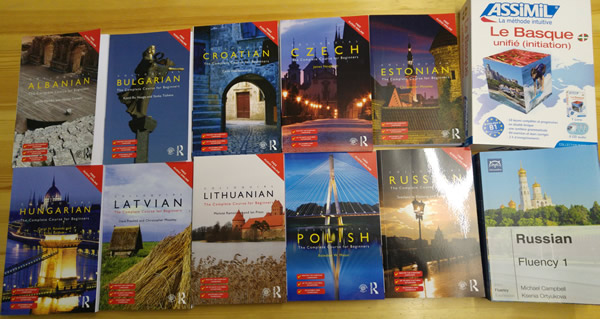When an event is not very successful, you could say that it went off like a damp squib, or even a damp squid, as a friend mistakenly said last night.
A squib is obviously something that does not work properly when it’s wet, and I had an idea that it was some kind of explosive.
According to Reverso, a squib is:
1. a firework
2. a firework that does not explode because of a fault; dud
3. a short witty attack; lampoon
4. an electric device for firing a rocket engine
5. an insignificant person (obsolete)
6. a coward (Aus/NZ slang)
And a damp squib is “something intended but failing to impress”.
Etymology: probably imitative of a quick light explosion.
An unrelated, but similar-sounding word is squab, which is:
1. a young unfledged bird, esp. a pigeon
2. a short fat person
3. a well-stuffed bolster or cushion; a sofa
4. (of birds) recently hatched and still unfledged
5. short and fat
Etymology: probably of Germanic origin; compare Swedish dialect sqvabb (flabby skin), sqvabba (fat woman), German Quabbe (soft mass), Norwegian kvabb (mud)
Source: http://dictionary.reverso.net/english-definition/squab
Squib, squab and squid are all good words for Scrabble.
Are there equivalents of damp squibs in other languages?

